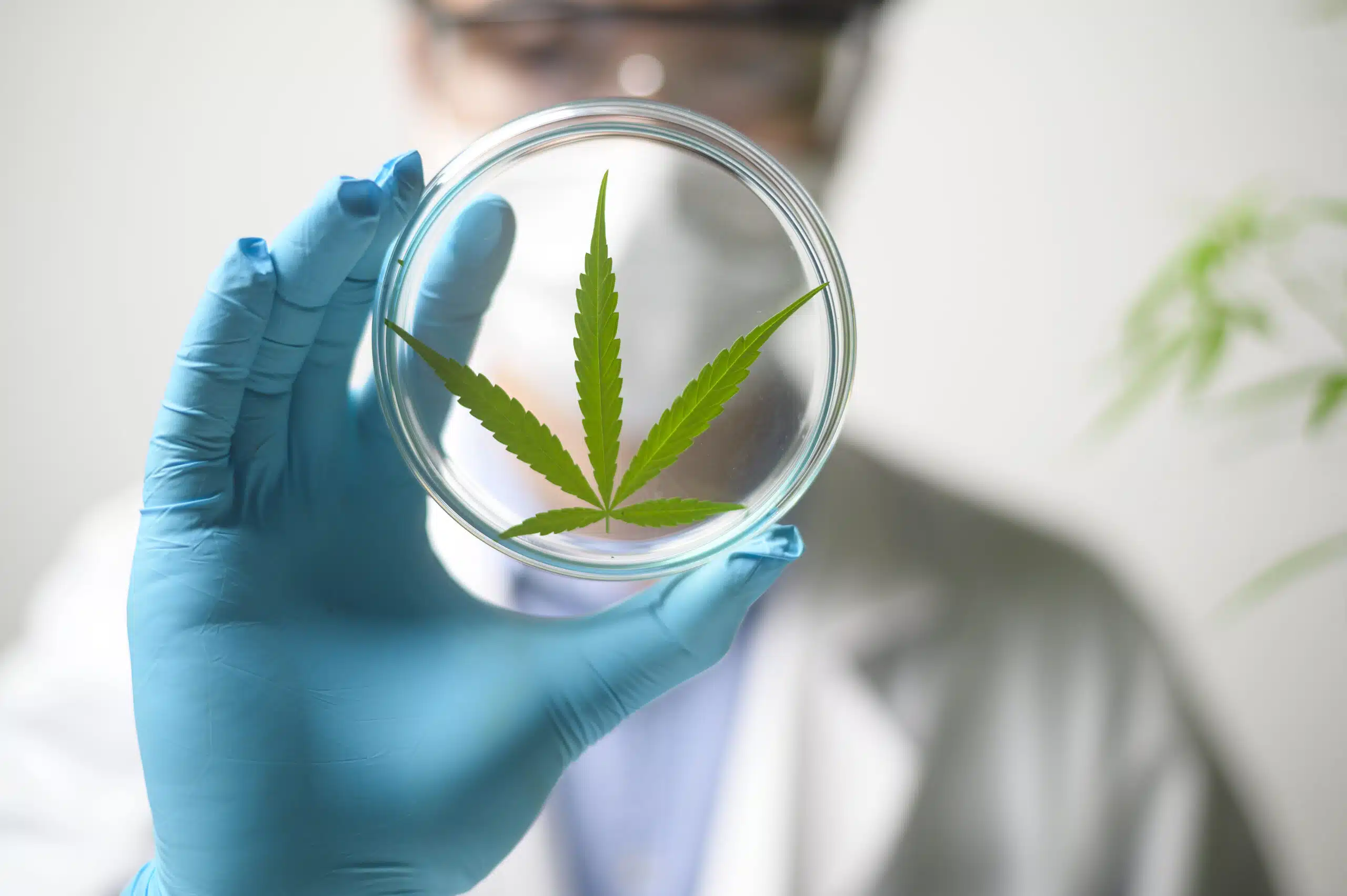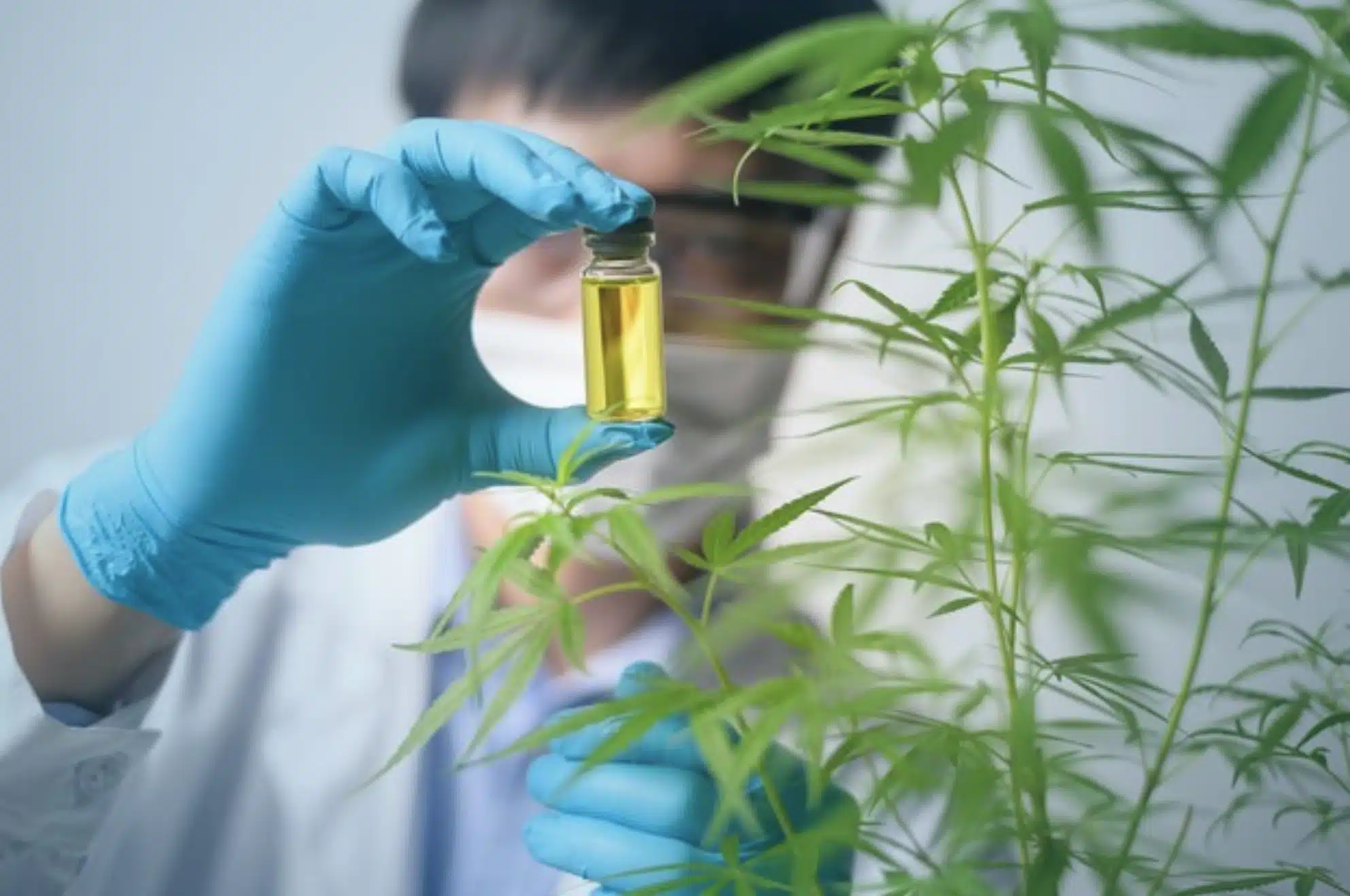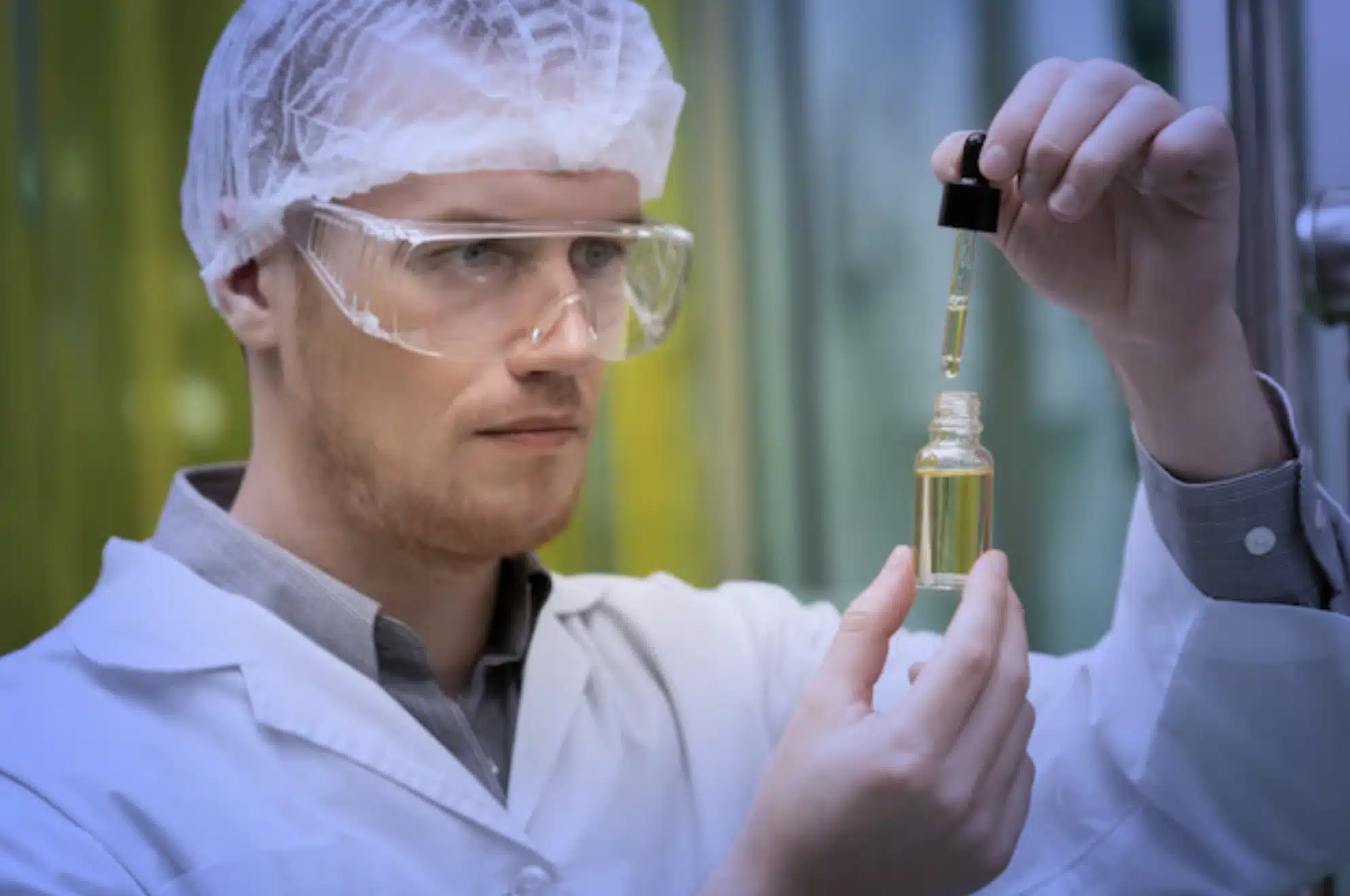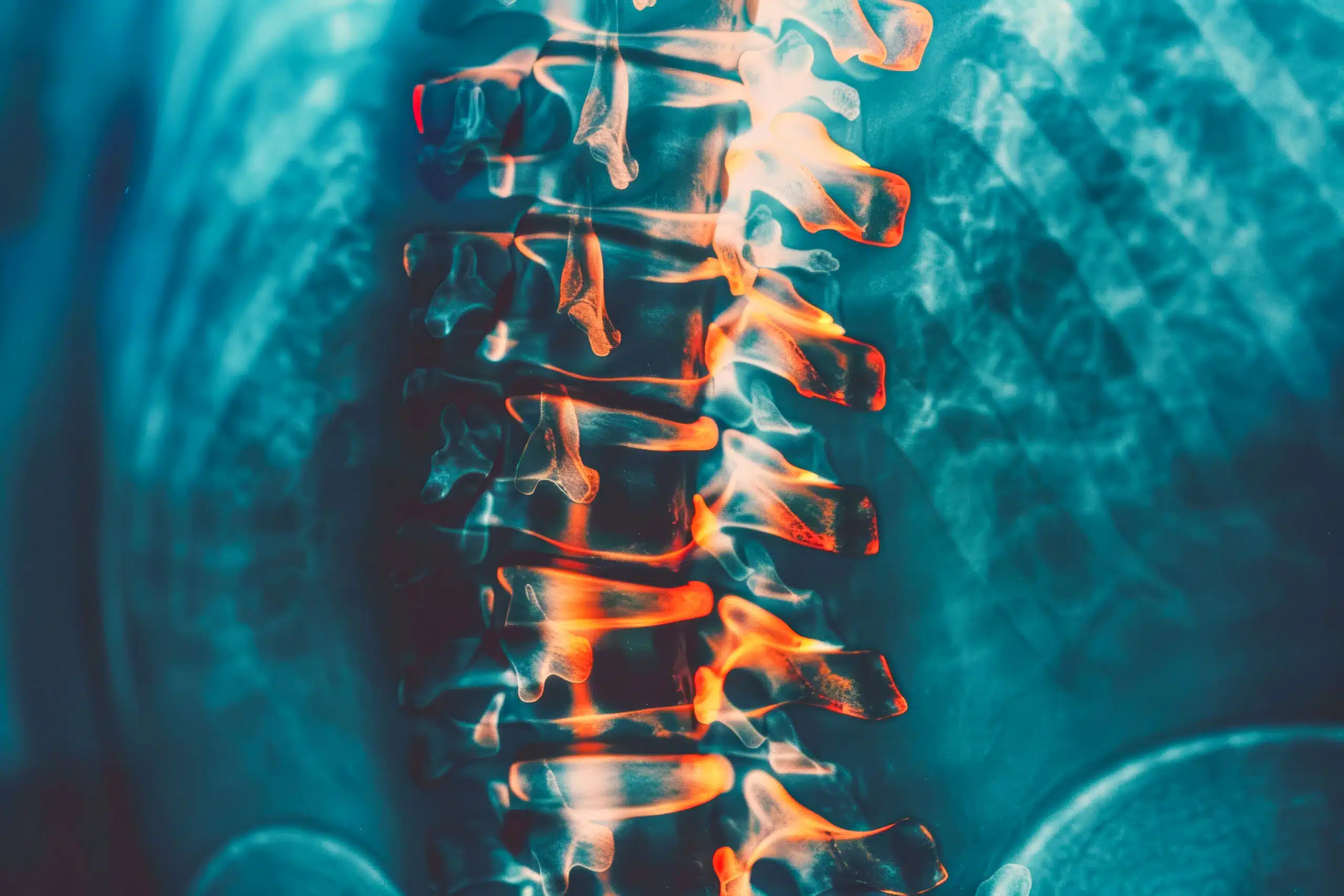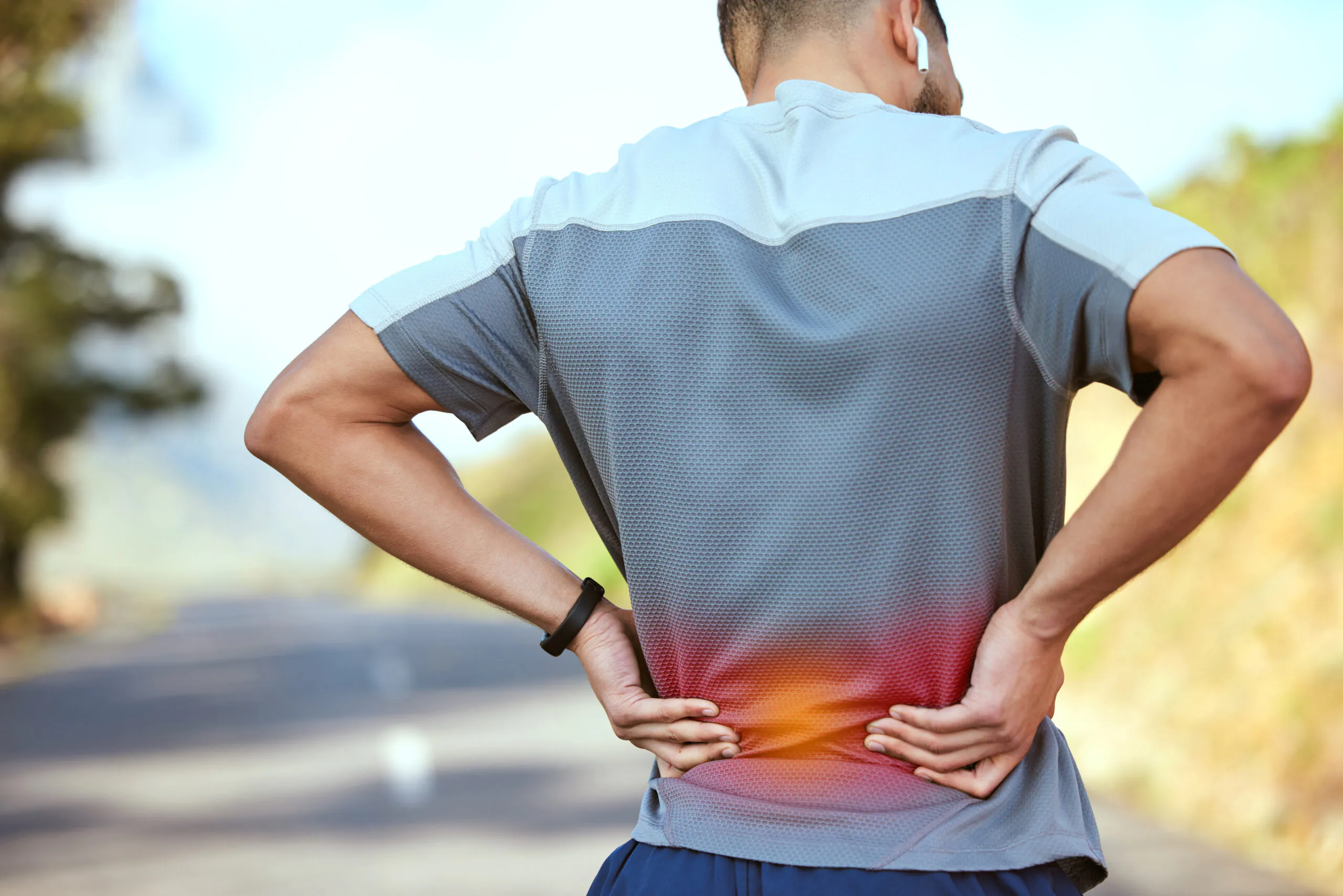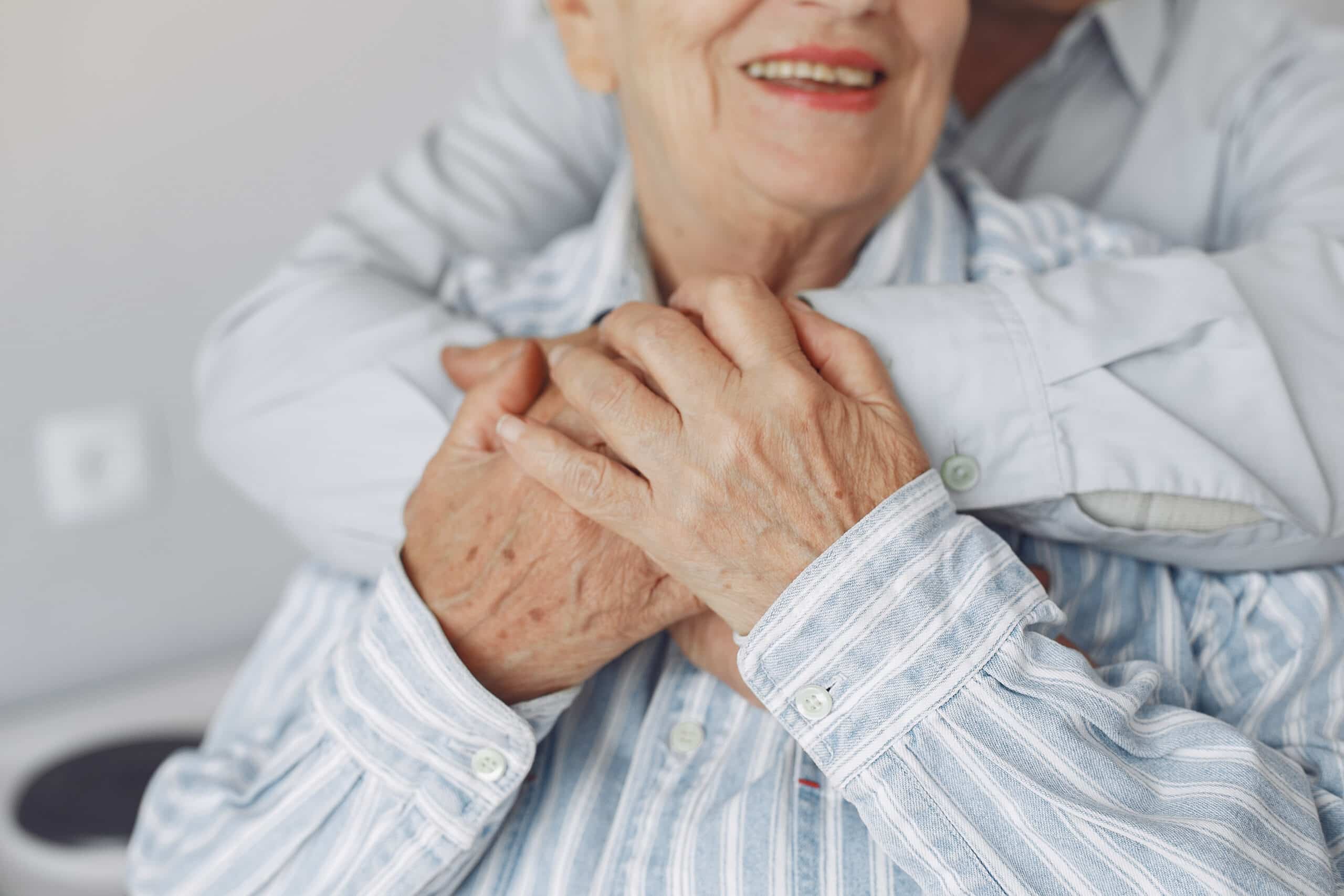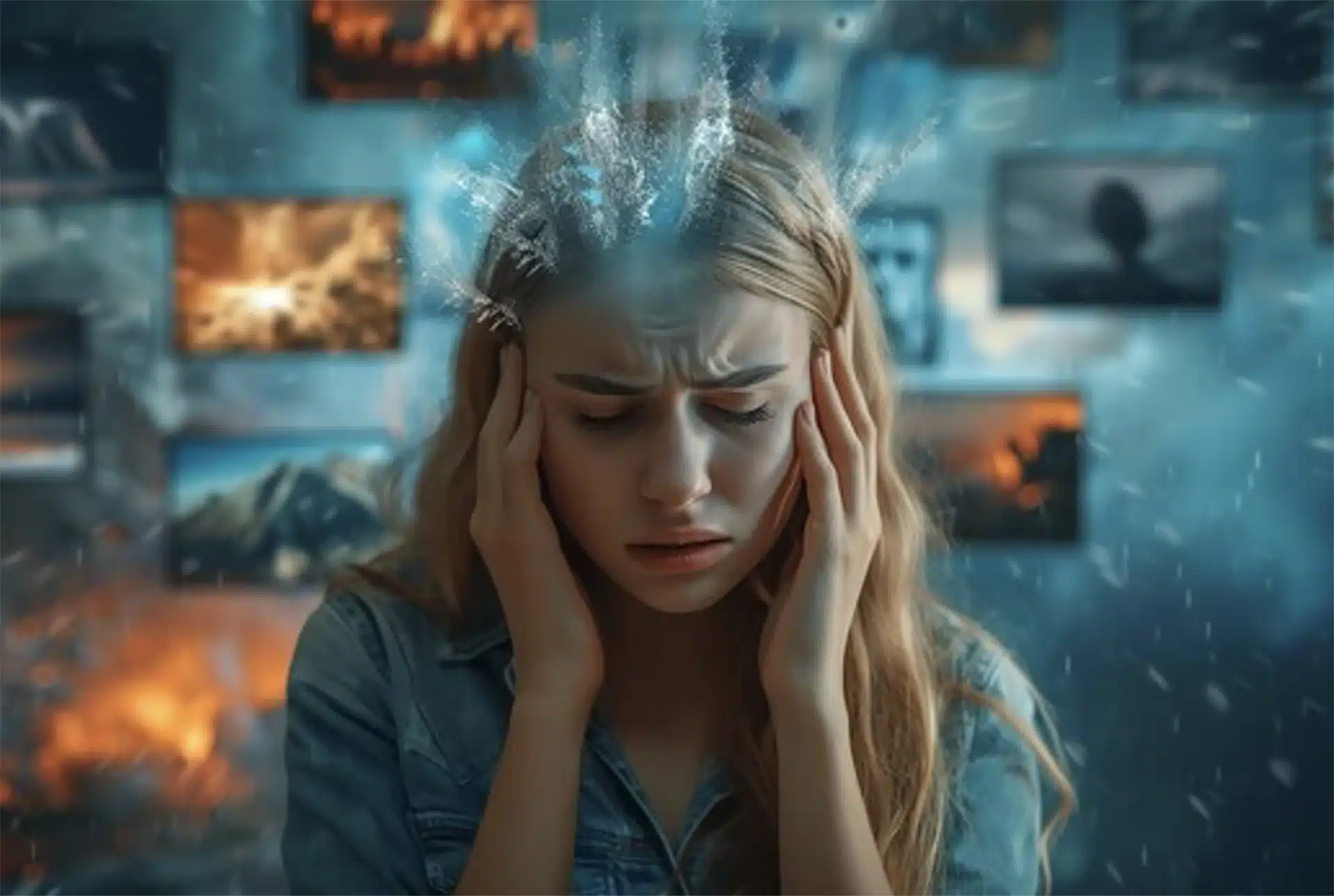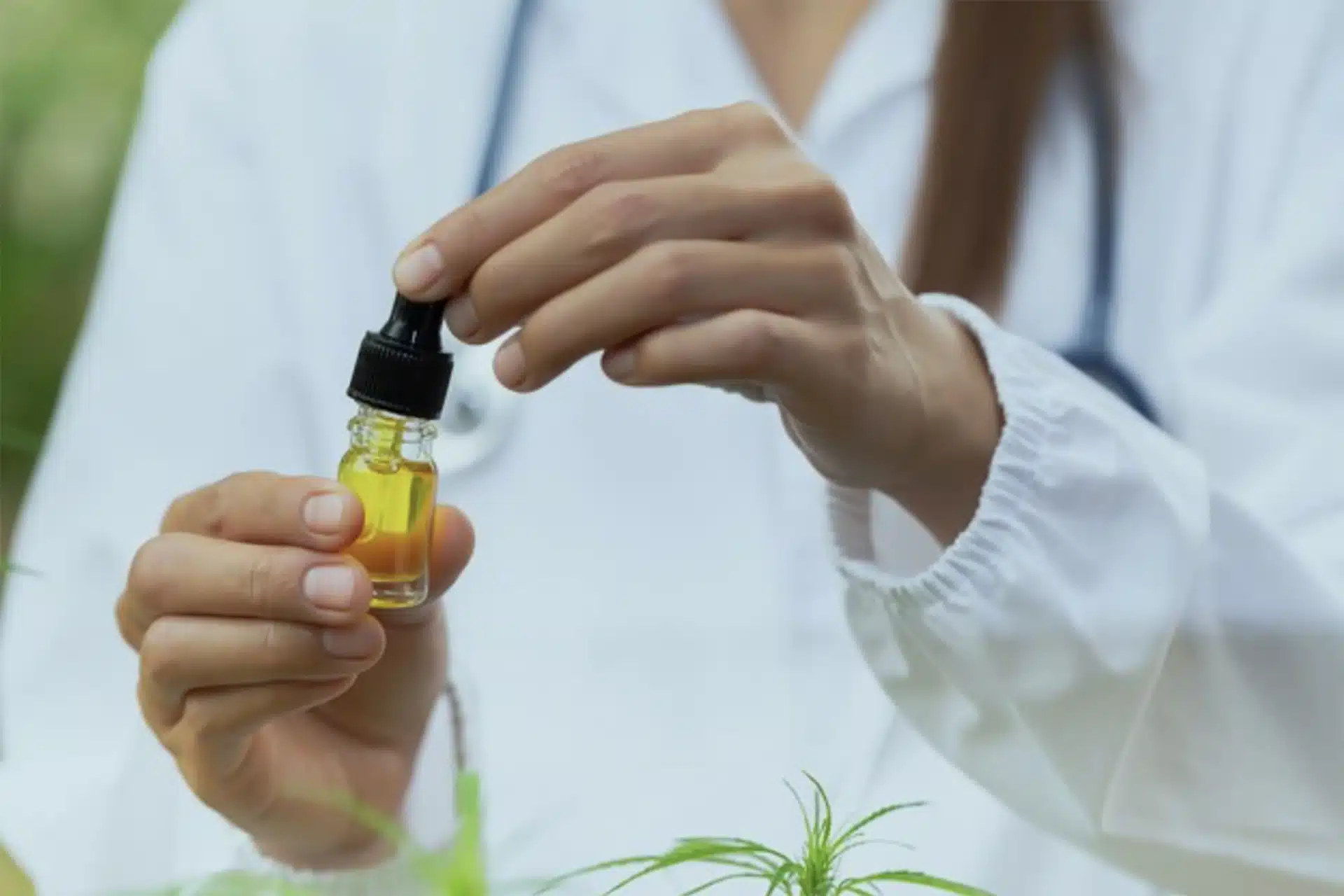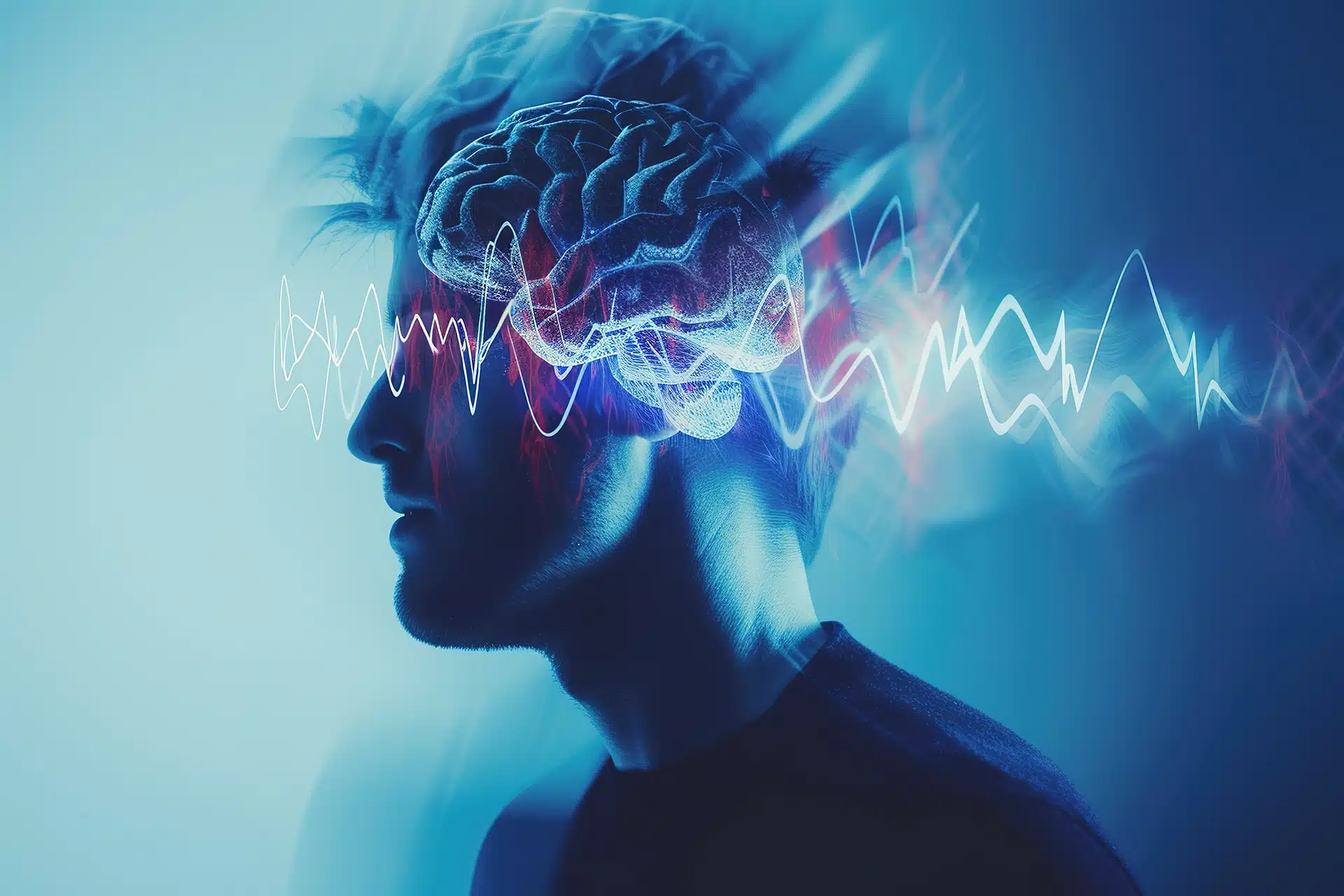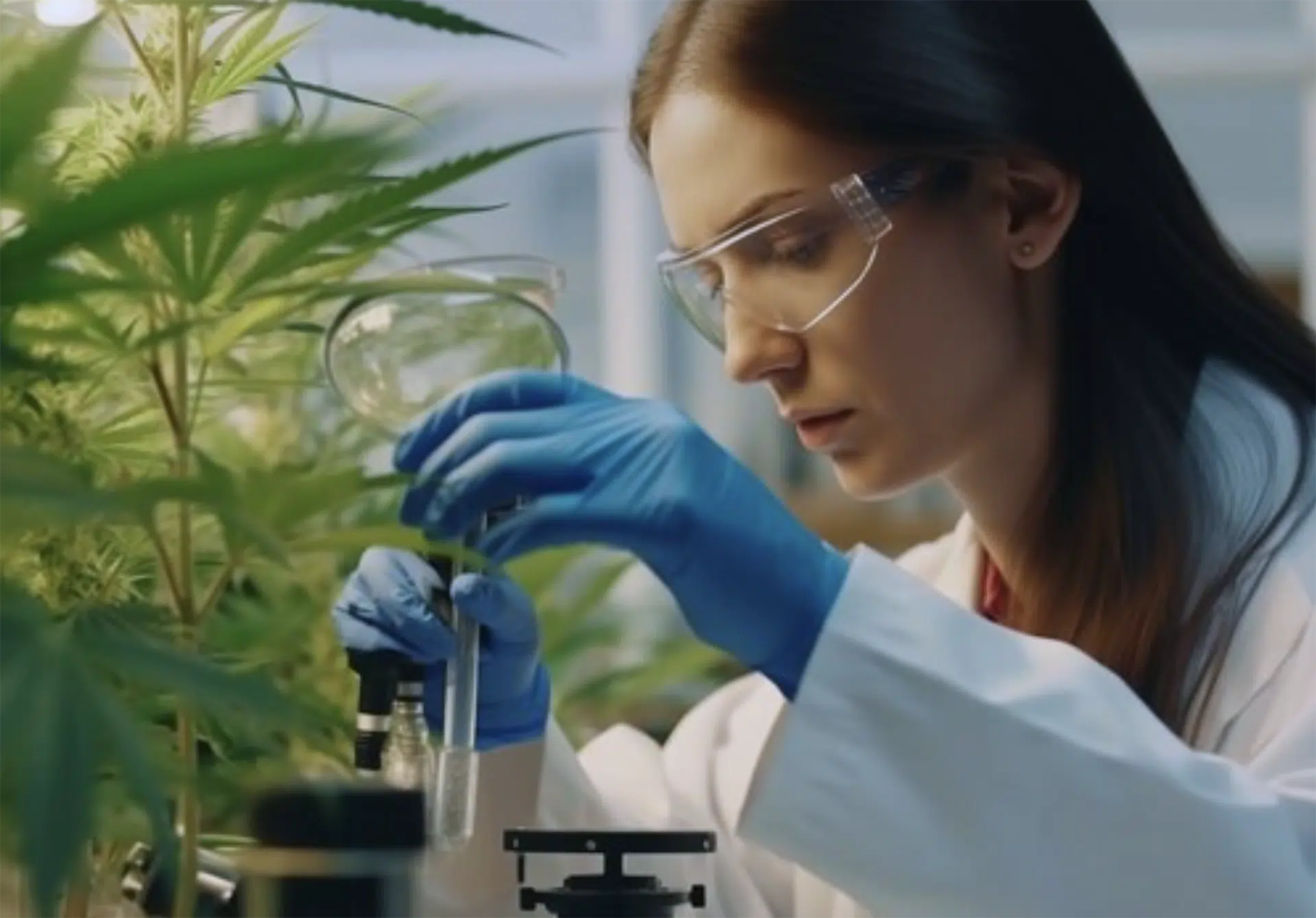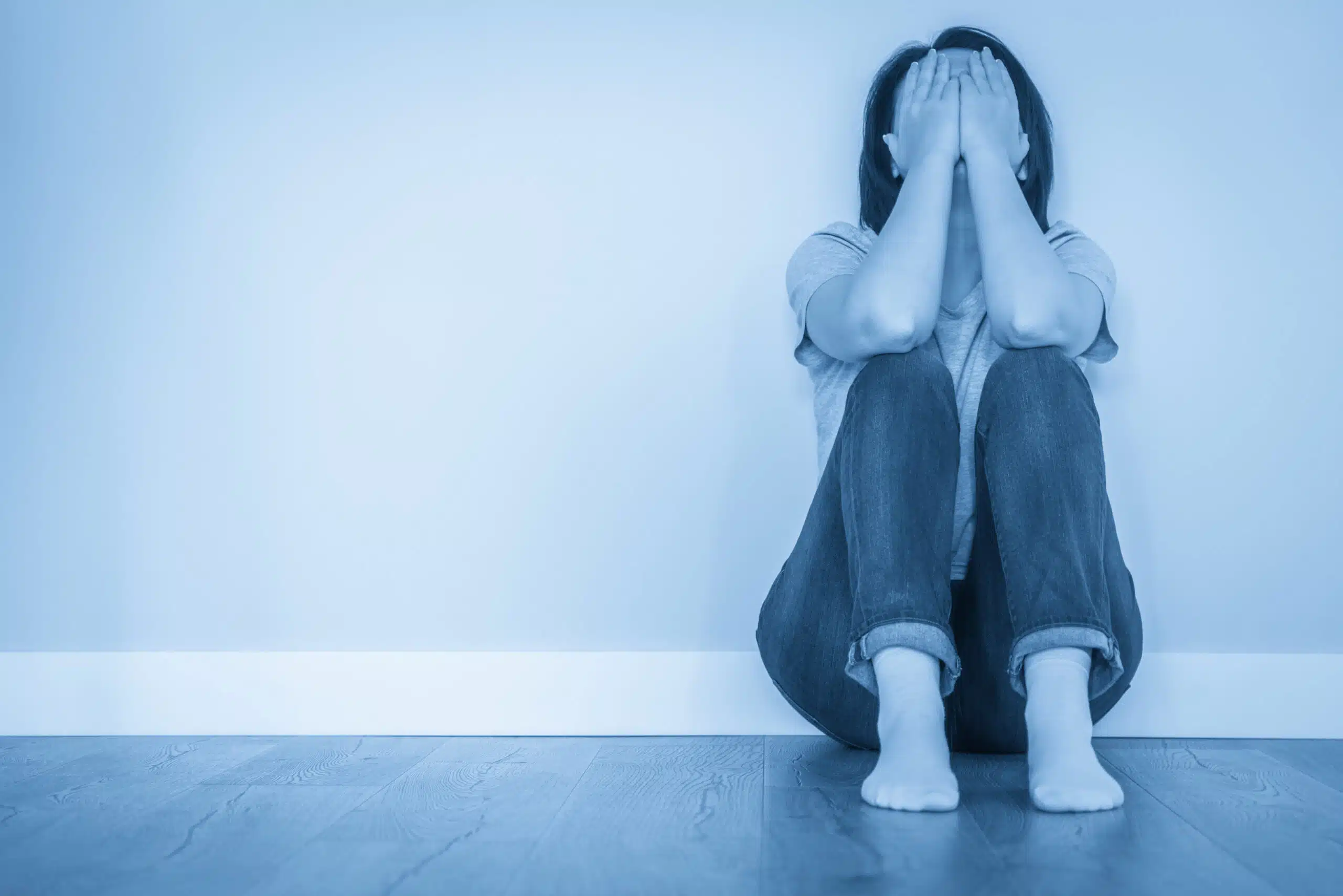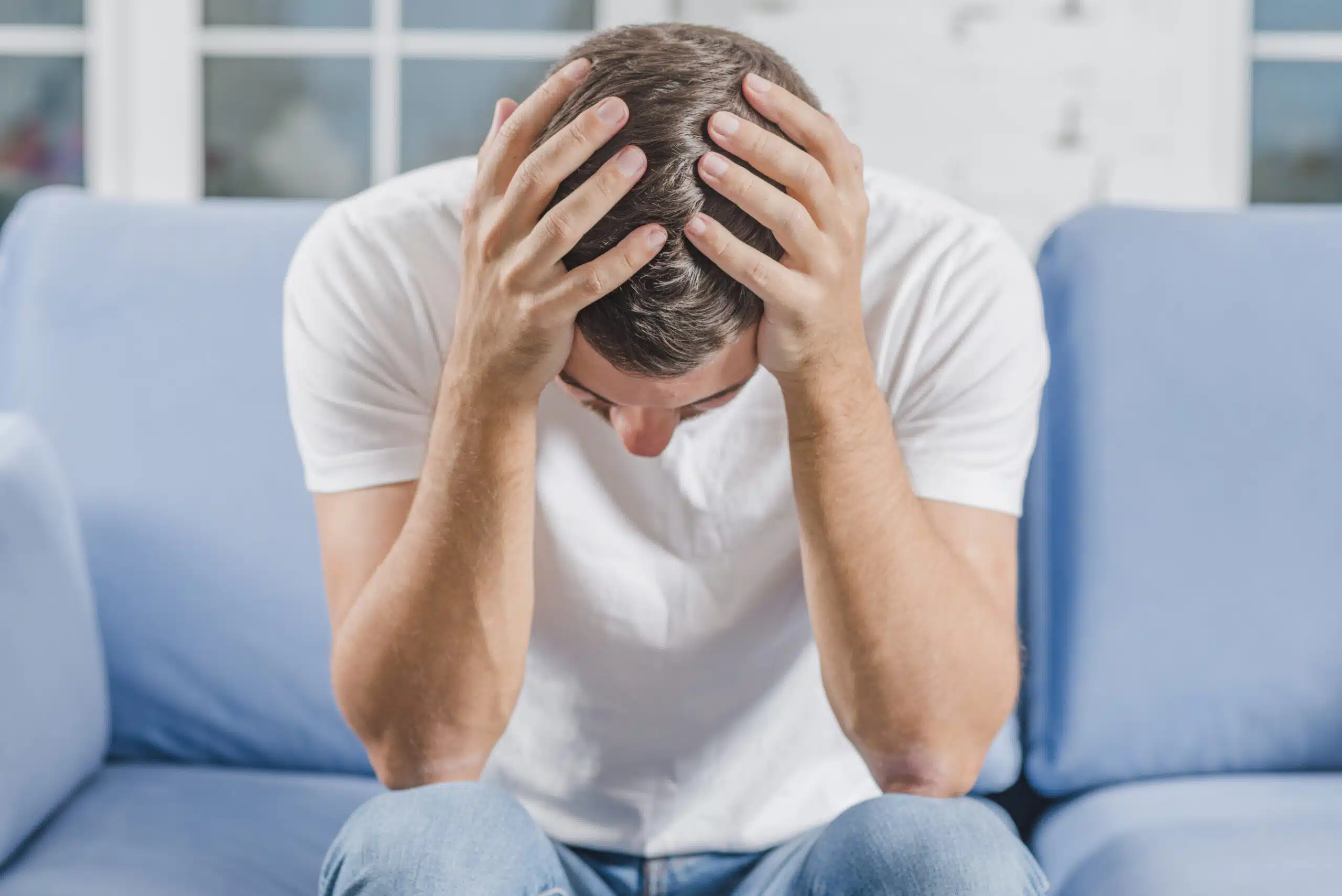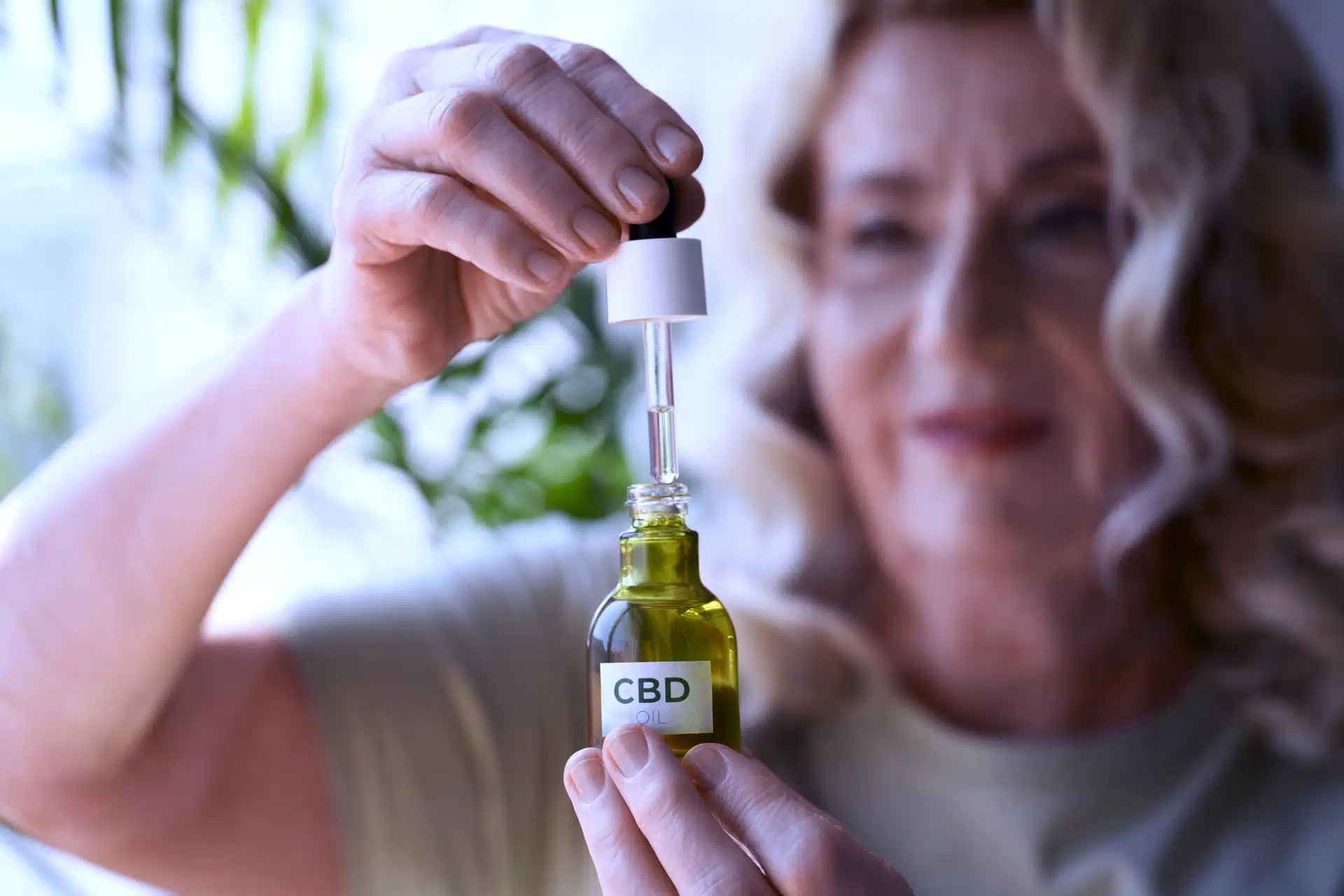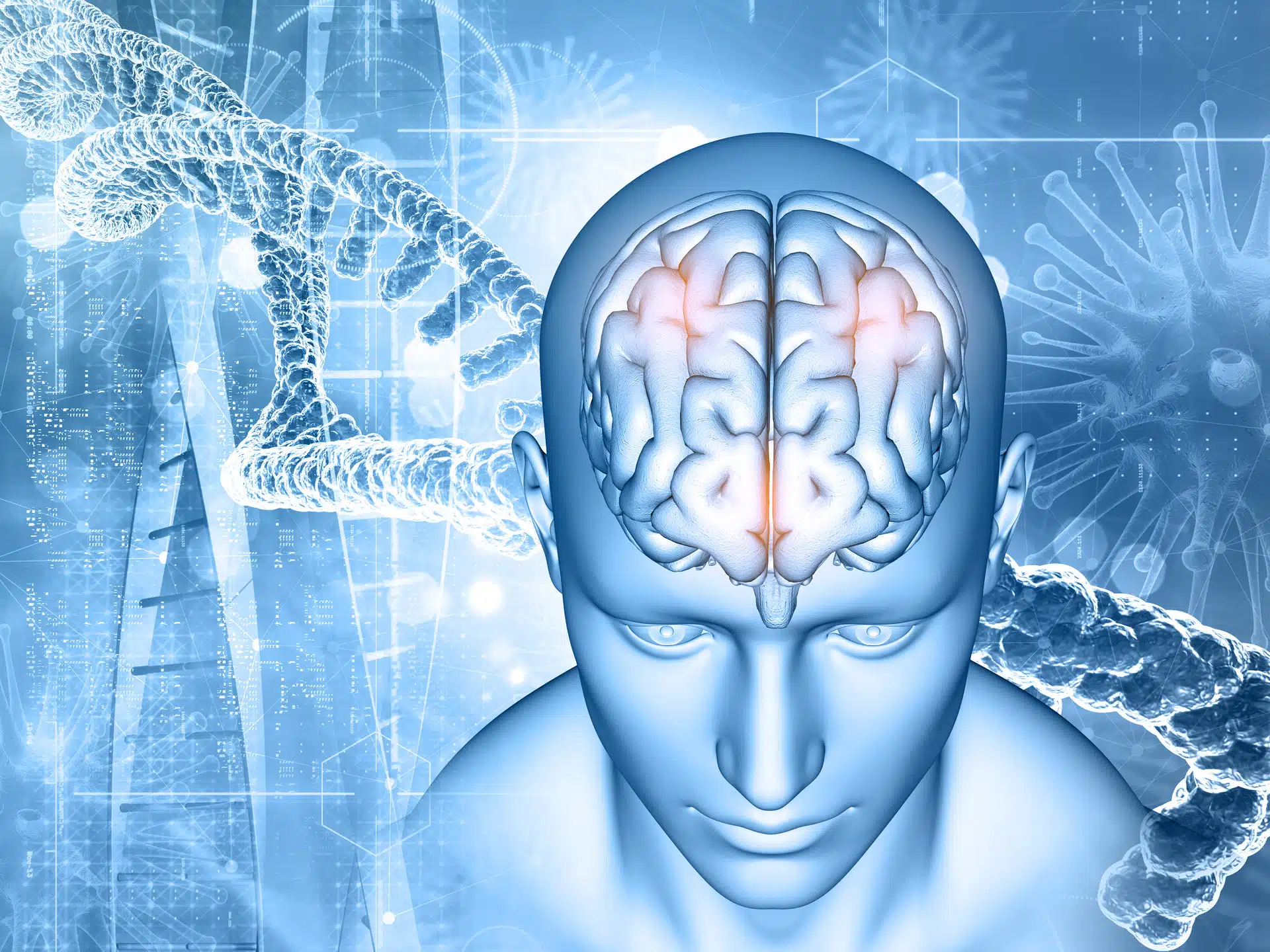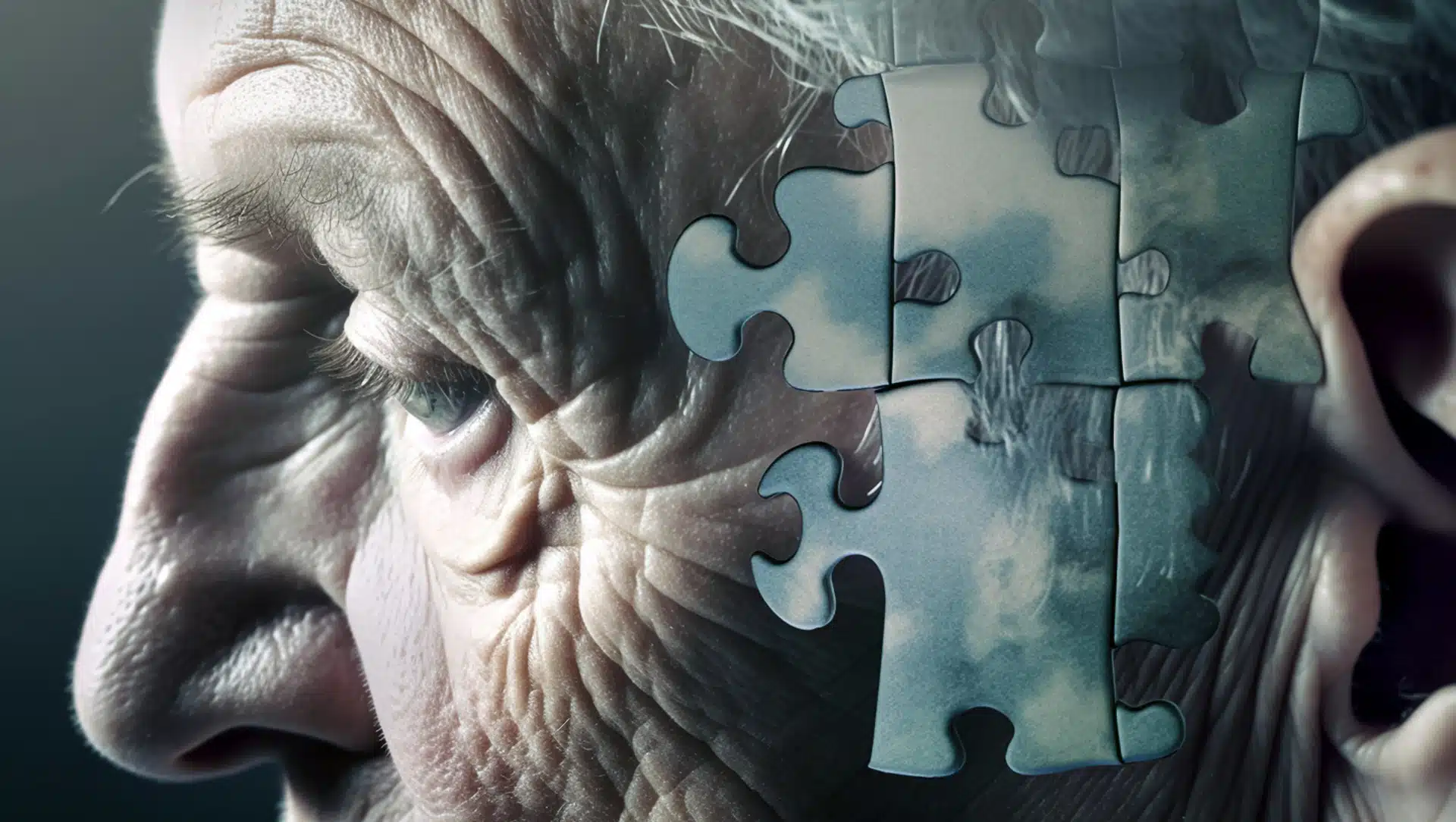Share
Traumatic Brain Injury and Medical Cannabis
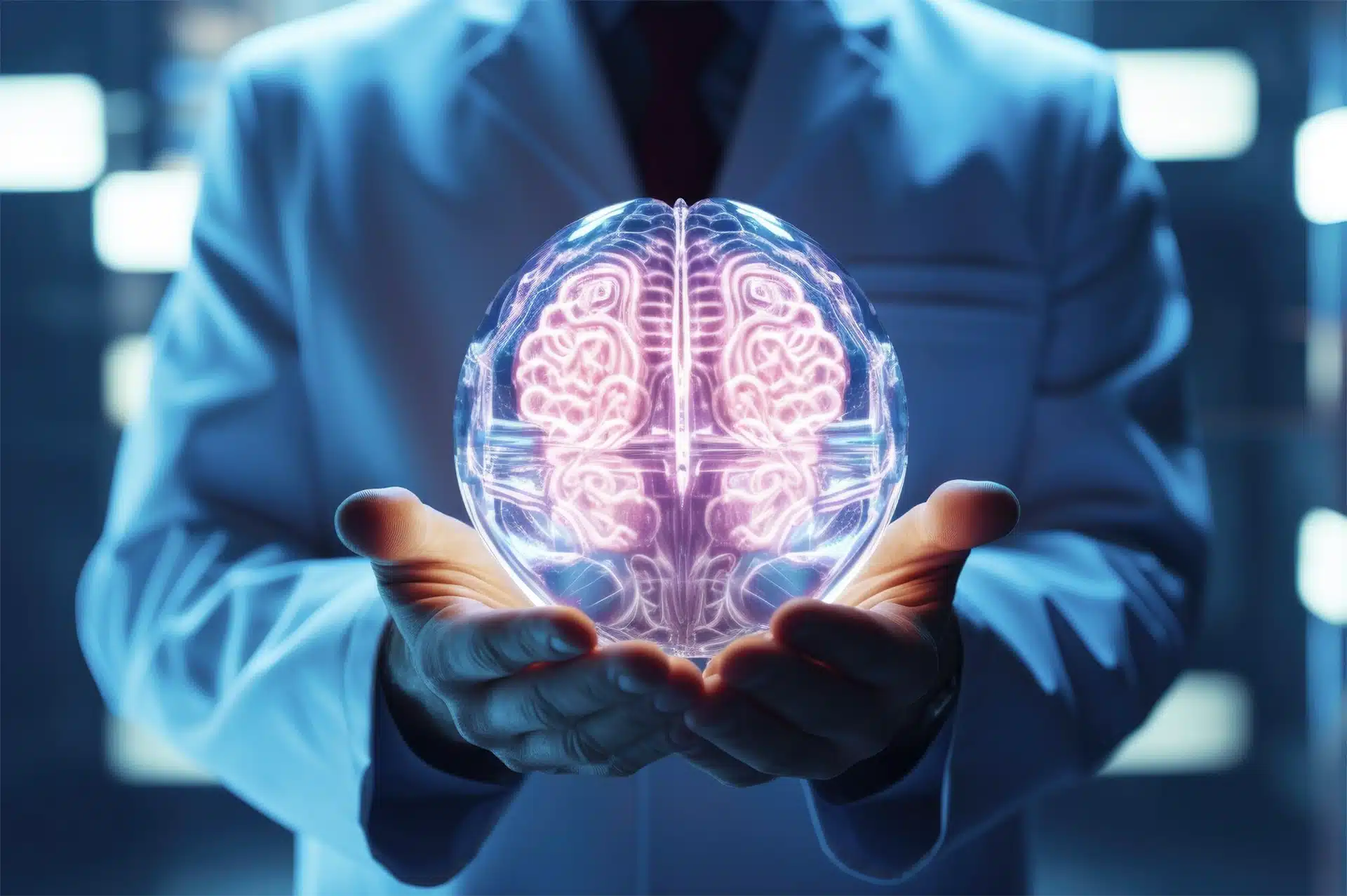
Traumatic brain injury (TBI) is a brain disfunction or other brain pathology caused by an external physical force. The incidence of TBI is about 50 million cases per year, about half of the worldwide population will have an episode of TBI. TBI is an heterogenous disease since it can have different underlying modes of injury such as compression, contusion or diffuse axonal injury. The primary causes of traumatic brain injuries are falls and motor vehicle accidents.
TBI results from primary and secondary injuries that lead to neural deficits. The primary lesions are directly related to primary external impact. While the secondary injury occurs from minutes to days after the impact resulting from molecular and inflammatory cascades that causes brain damage.
The symptoms of TBI are variable and can be divided into mild or moderate to severe traumatic brain injury. Mild TBI symptoms include headache, nausea or vomiting, fatigue or drowsiness, speech problems, dizziness, blurred visions, ringing in the ears, bad taste or sense of smell alterations, behavioral symptoms, loss of consciousness, disorientations, concentration problems, mood changes, depression and sleep disorders.
Moderate to severe TBI symptoms include loss of consciousness from several minutes to hours, persistent headache, repeated vomiting, convulsions, pulpils dilation, inability to wake up from sleep, weakness, loss of coordination, confusion and coma.
TBI can result in serious complications such as coma, vegetative state, minimally conscious state (vegetative state with minimally self-awareness), brain death, seizures, hydrocephalus (increased pressure), infections blood vessels damage (can lead to a stroke or blood clots), headaches, vertigo, intellectual problems, problems with sensation, behavioral changes and neurodegenerative diseases.
Endocannabinoid system and TBI
The endocannabinoid system activates after brain injury, and its modulation might ameliorate TBI symptoms. In pre-clinical studies using animal models, the administration of cannabidiol (CBD) decreased inflammation and prevented the disruption of the blood-brain barrier (BBB), thereby ameliorating the neurological deficit and reducing edema after TBI. The local delivery of CBD to the injury site in TBI mice models rescued vestibulomotor function, learning and memory abilities.
A case report described a woman who suffered a TBI 10 years ago and experienced spasm crises. She received low doses of cannabinoids, starting with around 170 μg of THC and 28 μg of CBD, which was reduced to 52 μg of THC and 7 μg of CBD by the end of treatment. The woman reported a reduction in the number of spasms and muscle tone.
Cannabinoids were tested in children with spasticity due to traumatic brain injury or cerebral palsy. The administration of oro-mucosal cannabinoids did not significantly reduce spasticity compared to the placebo group. The side effects of cannabinoids were mild to moderate; however, there were three cases of hallucinations and suicide attempts.
Traumatic brain injury can lead to epilepsy or seizures. The frequency of seizures seems to decrease after the administration of cannabinoids
Symptoms of TBI that Cannabis Can Help Alleviate
TBI is a multimodal disease with a range of symptoms. Cannabis might have a positive effect on spasticity in multiple sclerosis patients and also in TBI patients. Moreover, cannabis is described as a reducer of seizure (other TBI symptom) frequency.
Cannabis treatment has also been studied for other neurological symptoms common to TBI as pain and headaches.
Evidences
https://www.sciencedirect.com/science/article/abs/pii/S0006899321004431
https://www.sciencedirect.com/science/article/pii/S0014488621002521#s0110
https://dspace.unila.edu.br/items/78ed02f9-500f-4e2b-a93a-deac01bd61f0
https://onlinelibrary.wiley.com/doi/full/10.1111/dmcn.14548
Clinical trial
There is one ongoing clinical trial studying the effect of cannabis on TBI. This phase 2 clinical trial is currently recruiting and does not have public results. The study can be accessed here: https://clinicaltrials.gov/study/NCT05632627
References
National Institute of Neurological Disorders and Stroke. “Traumatic Brain Injury (TBI).” Available at: https://www.ninds.nih.gov/health-information/disorders/traumatic-brain-injury-tbi.
DiSabato, D. J., Quan, N., & Godbout, J. P. (2019). Neuroinflammation: The devil is in the details. Journal of Neurochemistry, 151(3), 241-266. Available at: https://pubmed.ncbi.nlm.nih.gov/31563989/.
Belardo, A., Caltagirone, C., & Amadio, P. (2021). Brain damage and repair mechanisms: Focus on the endocannabinoid system. Brain Research, 1753, 147264. Available at: https://www.sciencedirect.com/science/article/abs/pii/S0006899321004431.
Fitzgerald, M., Redmond, T., & Saunders, N. R. (2021). Neuroprotective strategies after traumatic brain injury: the potential for cannabinoids. Neuroscience, 458, 252-265. Available at: https://www.sciencedirect.com/science/article/pii/S0014488621002521.
Batista, B. G., de Carvalho, C. C., & da Silva, M. A. (2021). Uso de Canabidiol no Tratamento de Lesões Encefálicas Traumáticas. Universidade Federal da Integração Latino-Americana (UNILA). Available at: https://dspace.unila.edu.br/items/78ed02f9-500f-4e2b-a93a-deac01bd61f0.
Nahman-Averbuch, H., Shefi, T., & Amital, D. (2021). Cannabinoids for reducing spasticity and improving pain, sleep, and quality of life in children with severe conditions: a retrospective study. Developmental Medicine & Child Neurology, 63(6), 704-711. Available at: https://onlinelibrary.wiley.com/doi/full/10.1111/dmcn.14548.


